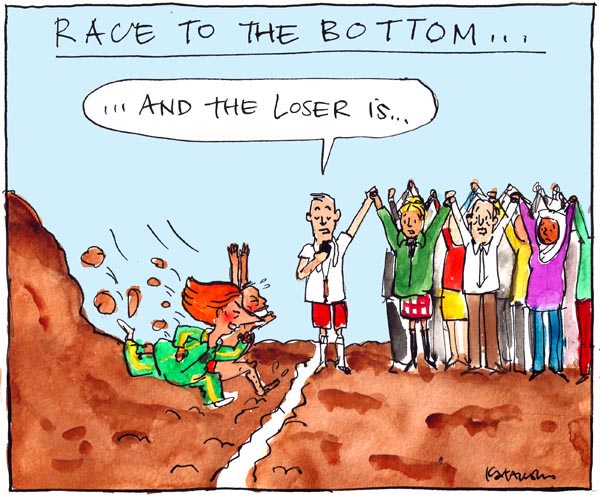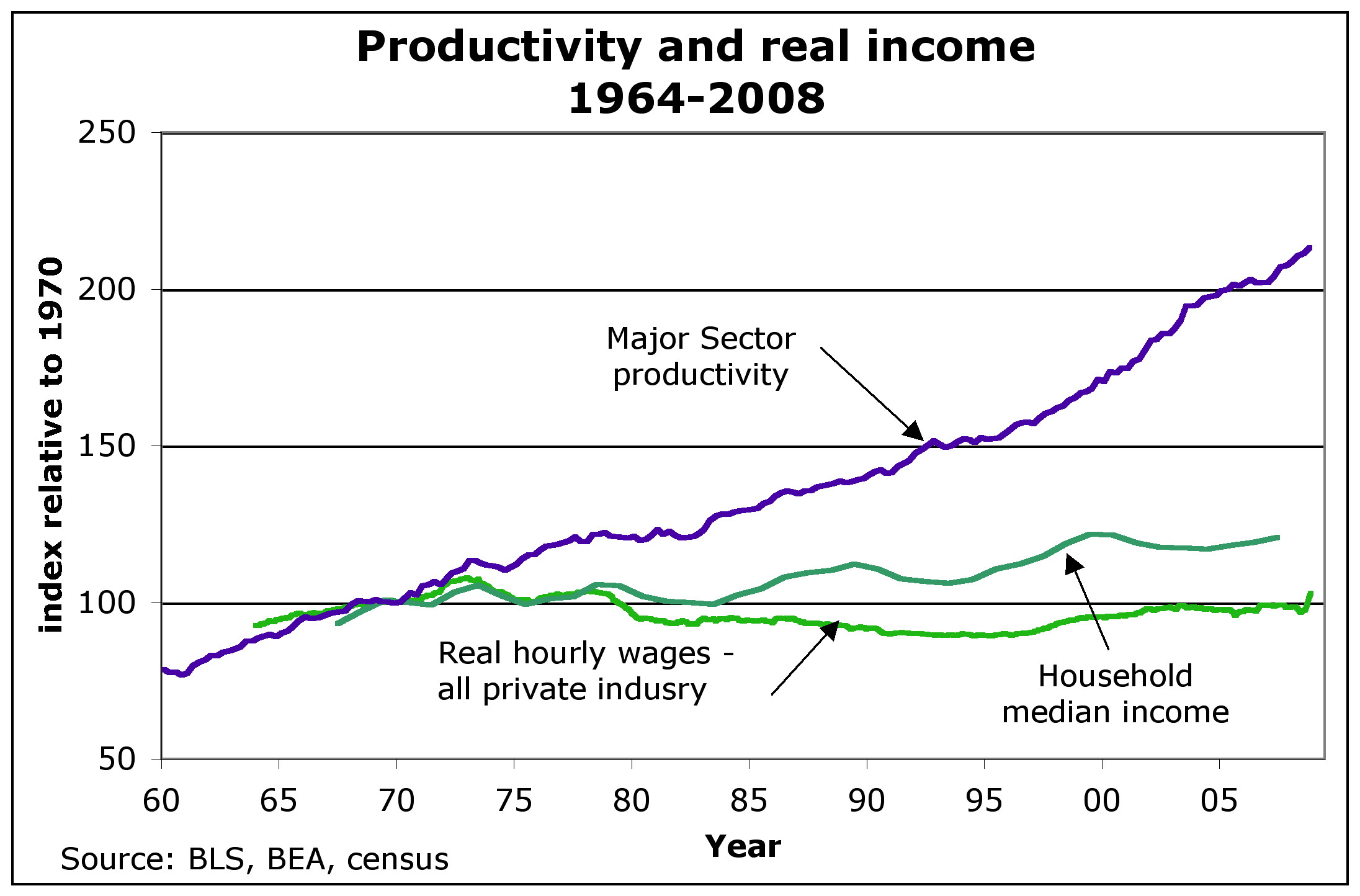 |
| Who Will "Win" this Race in the Valley? |
I've recently returned "home" to the San Francisco Bay Area after a couple of years living in Paris, France. During my exile, I kept a very loose eye on the news and developments, which, as Eliza Doolittle ("My Fair Lady") summed correctly -"without much ado, we will all muddle through without you" - carried on in my absence.
It seems that the "culture" of the Valley has become more widely and acutely discussed. Picking apart the ins and outs has become almost a sport. The "bro" culture. The rush to make huge sums of money. The rise (in the past) and triumph (in the present) of the "nerds." Some of the analyses have been more accurate than others. In particular, the most aggressively ignorant meme is that companies in Silicon Valley are "too white and male," a claim that is plainly belied by even a high-school level knowledge of statistics. For example, the hot tech companies - e.g., Facebook, Twitter, Google, have workforces that are approximately 50% white, in a country where more than two of three people are. But then, it's not 'sexy' to publish the more truthful headline that "Tech Companies Are Too Asian."
Now, I do not subscribe to these sort of phony claims that a successful company is "too" anything - if the best minds overselect for Asians, then it stands to reason that the successful company would overselect for Asian employees. You fish in the lake where the fish are.
The rhetoric has gotten more shrill and the volume louder about why the tech world is insufficiently welcoming to women. "Gender" bias is a the hottest topic (aside: the abuse of the word "gender" is just one more surrender in the steady retreat of linguistic standards. Why people are squeamish to use the real world, "sex," escapes me.)
The recent case of Ellen Pao, a former employee at the archetypical venture capital (VC) firm of Kleiner, Perkins, as roiled the valley. Pao was enmeshed in a nasty battle with her former employer, ostensibly because she failed to be made a partner in the firm, complained about it, and eventually got fired. Pao sued Kleiner in a multi-million dollar "gender" (sic) discrimination suit, which she eventually lost.
Setting aside the inherent sense of self-worth of a 30-something who had delusions of grandeur, the discussion has touched off many arguments in the Land of Lean In.
Pao made news today as the CEO of Reddit, a social media site headquartered up the peninsula in San Francisco. Pao, under the rubric of looking to level the pay gap between male and female employees at Reddit, announced that Reddit will not engage in salary negotiations as part of its hiring process. Citing data that men are more likely to negotiate pay, and to be more aggressive (and successful) than women when they do, the practice will not continue.
Men negotiate harder than women do and sometimes women get penalized when they do negotiate. So as part of our recruiting process we don’t negotiate with candidates. We come up with an offer that we think is fair. If you want more equity, we’ll let you swap a little bit of your cash salary for equity, but we aren’t going to reward people who are better negotiators with more compensation.At first blush, this strategy seems like a blow for equality.
But is it?
As I see it, the end-game here is to depress salaries stealthily. Pao and Reddit appear to be championing equality (which in a sense, is existentially true), and they will likely draw kudos for the effort. But this equality is likely to come not because women are going to see more money, but because male employees are going to see less.
If one thinks about the issue for more than three seconds, it's obvious, isn't it? What sort of employee has more leverage to demand higher pay, the entry or mid-level engineer, or the candidate being sought for upper management? Did Pao herself accept the first offer from Reddit, or did she negotiate her pay and equity?
The de facto outcome of this move, if duplicated, will almost surely shift more of the income away from the middle (who will no longer be able to negotiate for more pay) and towards the top (who have far more leverage to expect/demand more pay, or worse, to C-suite employees whose pay is set by boards of puppets controlled by their friends).
Women are being used here as part of a long-term strategy, either consciously or unconsciously, to undermine wages. It's a trend that is not new. I've long believed that, if proper analyses were conducted on the wage structure in the developed world, the entry of women in large numbers into the workforce would almost surely be a significant factor in wage stagnation/suppression.
We hear often about how real wages have been flat since 1980 - a date conveniently chosen because of the election of Ronald Reagan. In fact, wages began flattening about a decade earlier. Just after women becan to move in larger numbers into the US economy.
As the chart above shows, real wages closely paralleled productivity right up until the early 1970s, and then split. Household income has continue to grow - slowly - but real hourly wages actually fell. How is it possible that household income ticked up, but wages fell?
I haven't done the modelling, but I would be highly curious to see the results of anyone who has.
The laws of supply and demand cannot be repealed - if the supply of workers is increased significantly, what effect is that likely to have on wages?
Pao's efforts are just the latest salvo. And make no mistake; it's not stochastic.
A year ago, the big tech employers in the Bay Area (Apple, Google) settled a lawsuit surrounding collusion in hiring and recruiting from each other's workforce with effect that depressed wages for tech workers.
Negotiation over pay relies on leverage - if you're a highly valuable candidate, you always have the option to say, "No. I don't accept this offer" and walk out the door. But if the company has a gentleman's agreement that competitors also will not negotiate or "poach" employees, that leverage is gone.
The leaders of these companies are not stupid - Pao is not stupid, with degrees from Princeton and Harvard - so they surely must see where this is going.
In this case, to more money for people like Ellen Pao, who rather than being called out as the rapacious businesswoman that she actually is, will be championed as a fierce feminist fighter.
Brava.
